Blog
Jewellok is a professional pressure regulator and valve manufacturer and supplier.
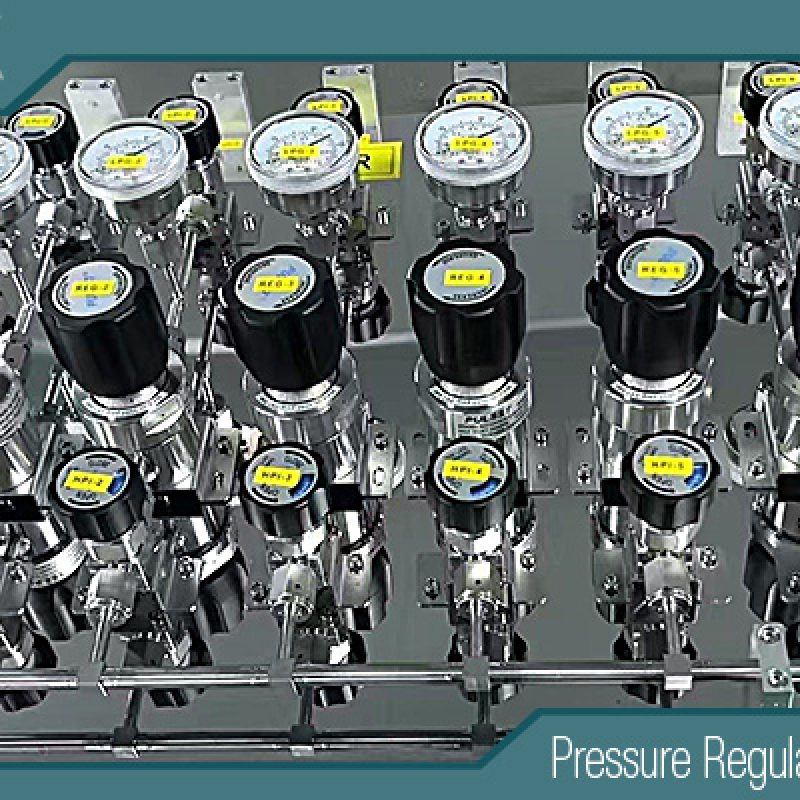
Hydrogen Gas Pressure Regulator Suppliers in Indonesia: Technical and Sourcing Insights
- Pressure Regulator Valve Manufacturer
- 2 inch irrigation valve, air compressor non return valve, argon hose connector, electric water valve 12v, ferrule connector, gas pipeline valve, gas pipeline valves, gas semiconductor, gases used in semiconductor manufacturing, high purity regulators, high purity valves, humming propane regulator, hydrogen gas pressure regulator, Hydrogen Gas Pressure Regulator Manufacturer, Hydrogen Gas Pressure Regulator Suppliers, Hydrogen Gas Pressure Regulator Suppliers in Indonesia, irrigation timer valve, laboratory gas valves, pressure regulator, pressure relief valve vs safety valve, propane manifold with valves, purpose of flame arrester, regulator valve alibaba international market, relief valve safety valve difference, safety relief valve vs safety valve, safety valve vs pressure relief valve, second stage propaneregulator, single stage pressure regulator, timed water valve, timer water valve, two stage pressure regulator, valve timer water
- No Comments
Hydrogen Gas Pressure Regulator Suppliers in Indonesia: Technical and Sourcing Insights
Hydrogen gas pressure regulators are essential devices in the safe and efficient handling of hydrogen gas, a fuel increasingly recognized for its potential in clean energy systems. These regulators manage the pressure of hydrogen as it moves from high-pressure storage tanks to applications like fuel cells, ensuring that equipment operates safely and effectively. As the world pivots toward sustainable energy solutions, hydrogen is gaining prominence, and with it, the demand for high-quality pressure regulators is on the rise. In Indonesia, a nation with ambitious renewable energy goals and a unique geographical landscape, hydrogen technology is still emerging. However, as the country aligns with global decarbonization efforts, the need for reliable suppliers of hydrogen gas pressure regulators will grow. This article delves into the significance of these regulators, the current state of the supplier market in Indonesia, and the technical and logistical considerations for sourcing them, offering insights into how Indonesian businesses can navigate this specialized field.
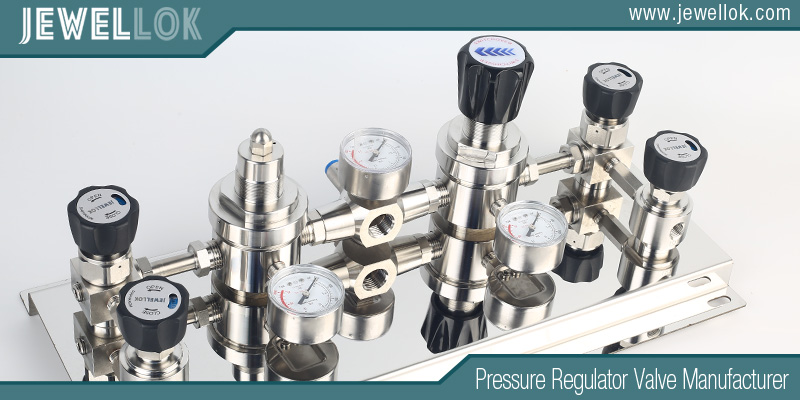
The Role and Importance of Hydrogen Gas Pressure Regulators
Hydrogen gas pressure regulators are designed to control the pressure of hydrogen gas, reducing it from the high levels found in storage tanks—often up to 700 bar in modern systems—to a lower, usable pressure, typically 1–10 bar for fuel cells. This function is critical because hydrogen systems, particularly fuel cells, are sensitive to pressure variations. Excessive pressure can damage fuel cell membranes, reducing efficiency or causing failure, while insufficient pressure can starve the system of fuel, impairing performance. Beyond pressure control, these regulators must address hydrogen’s unique properties: its small molecular size increases the risk of leaks, and its ability to embrittle certain metals requires the use of compatible materials like 316 stainless steel or brass.
The importance of these devices extends beyond technical functionality. As hydrogen emerges as a cornerstone of clean energy, particularly in fuel cell vehicles, industrial applications, and power generation, reliable pressure regulation becomes a safety and performance imperative. In Indonesia, where hydrogen adoption is in its infancy, the availability of such equipment will be pivotal as the nation explores hydrogen’s potential in its energy mix.
The Hydrogen Economy and Indonesia’s Position
The hydrogen economy envisions hydrogen as a key energy carrier alongside electricity, powering everything from vehicles to industrial processes. Produced through methods like electrolysis (using renewable energy for “green” hydrogen), steam methane reforming, or biomass conversion, hydrogen offers a low-emission alternative when burned or used in fuel cells, emitting only water and heat. Indonesia, Southeast Asia’s largest economy, has abundant renewable resources—geothermal, solar, and hydro—that could support green hydrogen production. Its archipelagic nature further enhances hydrogen’s appeal as a portable energy solution for remote islands, where traditional grid infrastructure is impractical.The Indonesian government has signaled interest in hydrogen through its national energy policy, with pilot projects and research underway since at least 2021. The country’s commitment to net-zero emissions by 2060 aligns with global hydrogen trends, though challenges remain: high production costs, limited infrastructure, and a need for technical expertise. As these hurdles are addressed, hydrogen’s role in transportation, industry, and energy storage could expand, driving demand for specialized components like pressure regulators.
The Need for Reliable Suppliers in Indonesia
The growing interest in hydrogen technology in Indonesia underscores the need for a robust supply chain for equipment like hydrogen gas pressure regulators. Unlike general industrial regulators, those designed for hydrogen are niche products requiring specific features—such as leak-proof seals and hydrogen-compatible materials—making them scarce in standard supply chains. Currently, Indonesia’s market for hydrogen equipment is underdeveloped, with few local manufacturers specializing in this area. This gap forces businesses to look internationally, introducing challenges like extended lead times, elevated shipping costs, and limited local support.
Reliable suppliers are essential to overcome these obstacles. Ideally, they should have a presence or partnerships in Indonesia to ensure timely delivery and technical assistance. Moreover, their products must meet rigorous international standards, such as TPED 2010/35/EU for pressure equipment transportation or EC79 for hydrogen fuel cell vehicles, to guarantee safety and compatibility. As Indonesia’s hydrogen sector matures, the availability of such suppliers will be a linchpin for project success.
Leveraging Global Marketplaces for Sourcing
Given the limited local options, Indonesian businesses can turn to global B2B marketplaces like Hyfindr to source hydrogen gas pressure regulators. Hyfindr specializes in hydrogen economy products, offering a range of components, including regulators, with detailed specifications, supplier profiles, and certifications. While it does not explicitly highlight Indonesian suppliers, it lists Indonesia among its served countries, implying potential distribution networks or partnerships in the region. This platform enables buyers to compare products, review technical details, and contact suppliers directly, simplifying procurement in a nascent market.
Such marketplaces also provide educational resources and support, which are valuable for companies new to hydrogen technology. By connecting Indonesian buyers with global suppliers, platforms like Hyfindr bridge the gap between demand and supply, offering a practical solution until a domestic market develops.
Technical Considerations for Selecting Hydrogen Gas Pressure Regulators
Choosing the right hydrogen gas pressure regulator involves evaluating several technical factors to ensure safety, compatibility, and performance:
- Material Compatibility: Hydrogen can embrittle metals like high-strength steel, so regulators must use materials like 316 stainless steel or brass to prevent degradation.
- Pressure Range: Regulators should manage high inlet pressures (up to 700 bar) and deliver precise outlet pressures tailored to the application.
- Flow Capacity: Measured by the flow coefficient (Cv), this determines the regulator’s ability to supply sufficient gas, critical for system efficiency.
- Certifications: Standards like TPED 2010/35/EU (for transportable pressure equipment) or EC79 (for fuel cell vehicles) ensure compliance with safety regulations.
- Leak Tightness: Hydrogen’s small molecules require robust seals and gaskets to prevent leaks, a key safety feature.
- Temperature Range: Regulators must withstand the operating temperatures of hydrogen systems, from cold storage conditions to high ambient heat.
Suppliers should provide detailed documentation to confirm these specifications and offer customization options, such as adjustable pressure settings or specific port designs, to meet unique project needs.
Types of Regulators
Different regulator types suit various applications:
- Single-Stage Regulators: Reduce pressure in one step; cost-effective for stable inlet pressures.
- Two-Stage Regulators: Use two steps for greater precision, ideal for fluctuating inlet pressures.
- Dome-Loaded Regulators: Offer high flow and precise control via gas pressure, suited for refueling stations.
- Pilot-Operated Regulators: Provide accurate control over wide flow ranges, useful in complex systems.
Understanding these options helps buyers select regulators aligned with their specific requirements.
Case Study: Sourcing Regulators for a Remote Island Project
Consider a hypothetical scenario where an Indonesian energy company aims to power a remote island with a hydrogen fuel cell system. The project requires a pressure regulator to reduce tank pressure to a level safe for the fuel cell stack. With limited local suppliers, the team explores Hyfindr and identifies Pressure Tech Ltd’s LW438 Hydrogen Pressure Regulator—lightweight, fuel cell-compatible, and certified for safety. Contacting the supplier via the platform, they learn of a Southeast Asian distributor offering local support. After comparing alternatives, they choose this regulator for its technical fit and logistical convenience, showcasing how global platforms can address Indonesia’s sourcing challenges.
Future Outlook for Hydrogen in Indonesia
Indonesia’s push for sustainability—evidenced by its renewable energy targets and net-zero pledge—suggests a growing role for hydrogen. Early-stage pilot projects in transportation and industry could scale up, increasing demand for equipment like pressure regulators. This trend may encourage local manufacturers to enter the market, fostering a domestic supply chain. Indonesia’s strategic position in Southeast Asia could also make it a hydrogen trade hub, drawing international investment. Preparing suppliers to meet this demand with certified, high-quality products will be vital to sustaining growth in the sector.

Conclusion
The market for hydrogen gas pressure regulators in Indonesia is nascent but poised for expansion as the country embraces hydrogen technology. While local supply options are limited, global marketplaces like Hyfindr provide access to reliable suppliers, enabling businesses to source critical components. By prioritizing technical specifications and leveraging international networks, Indonesian companies can build the foundation for a hydrogen-powered future. As demand rises, the development of local suppliers and infrastructure will further strengthen Indonesia’s position in the global hydrogen economy, supporting its journey toward cleaner energy.
For more about the hydrogen gas pressure regulator suppliers in indonesia: technical and sourcing insights, you can pay a visit to Jewellok at https://www.jewellok.com/ for more info.
Recent Posts
Types of Specialty Gas Changeover Systems
Top High-Pressure Diaphragm Valve Suppliers in Mexico
Tags
Recommended Products
-
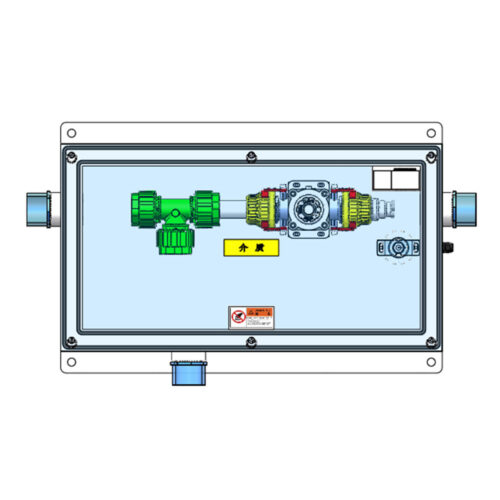
T-BOX JW-TB-C Special Gas Delivery System Gas Valve Manifold Boxes
-
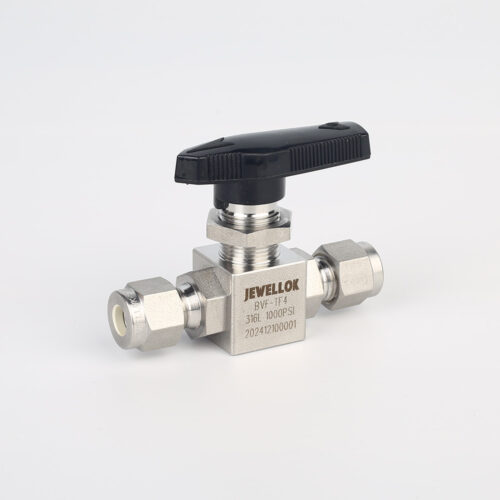
Stainless Steel High Purity High Temperature Pneumatic Actuated Ball Valves JBV2 Series
-
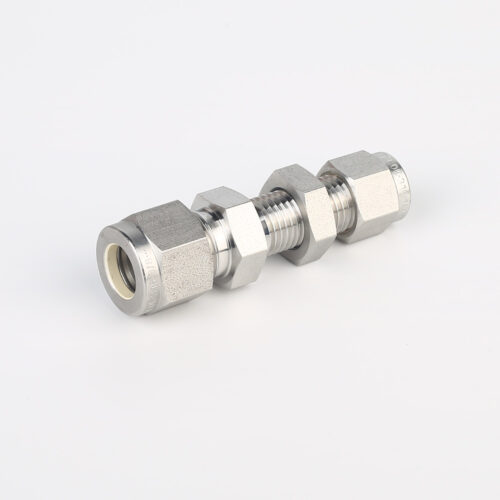
775L Bulkhead Reducing Union | Stainless Steel High Purity Double Ferrule Bulkhead Reducing Unions
-
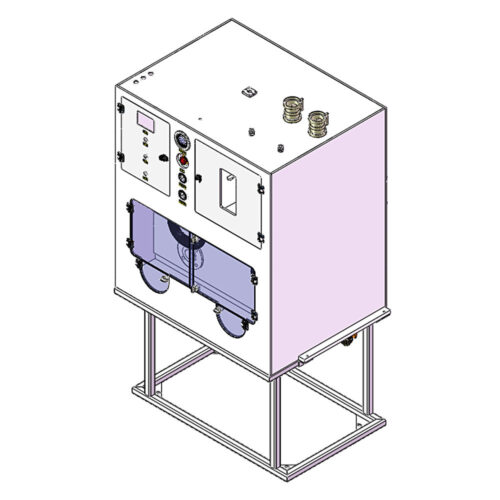
Clean Connection Cabinet JW-300-CCB Valve Manifold Box And Control Valve Box
-
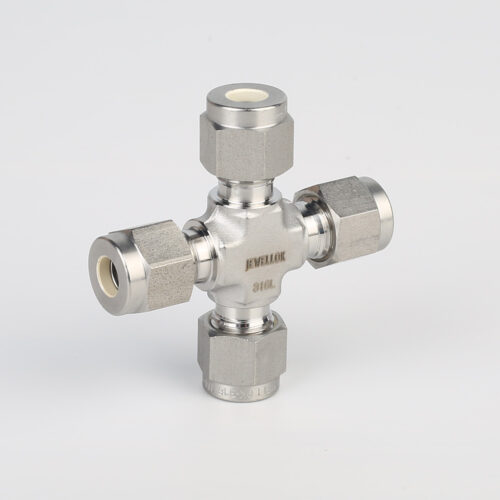
7102L Stainless Steel 316L SS Union Cross Ultra High Purity Long Arm Union Elbow Tee Cross Butt Weld Fittings
-
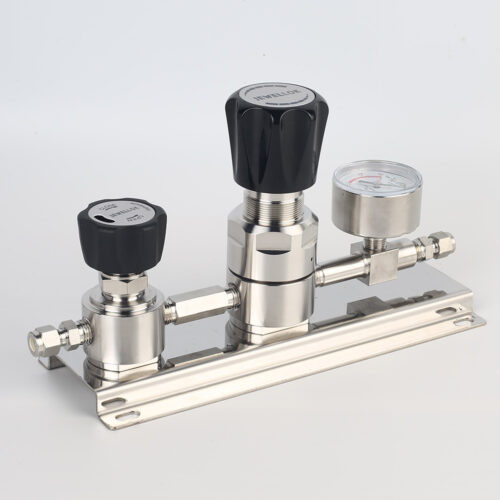
High Purity High Flow Pressure Control Regulators & Valves Gas Stick Assemblies JSR-2TG Series
-
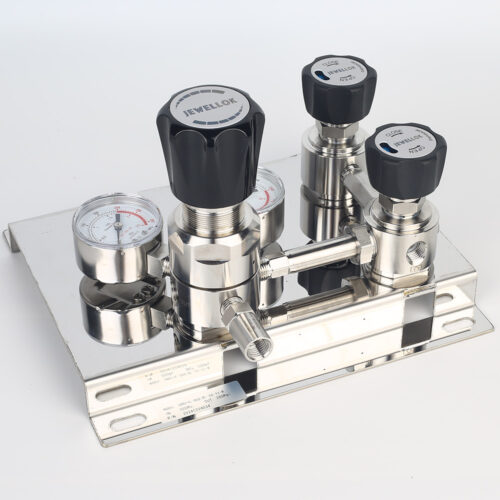
Stainless Steel 316L Single Stage Regulator Pressure Control Panels JSP-1E Series For Semiconductor Fluid Control
-
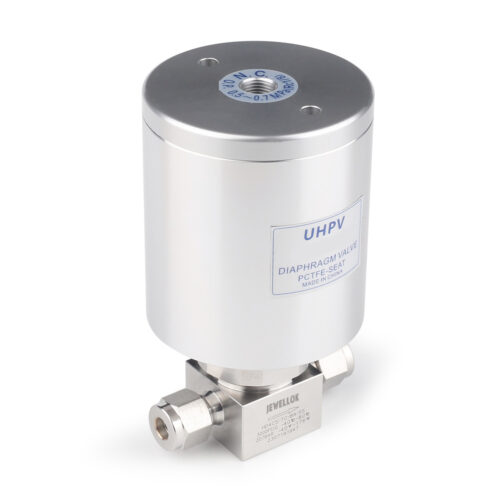
High Pressure High Temperature Pneumatic Ultrahigh Purity Stainless Steel Diaphragm Valves